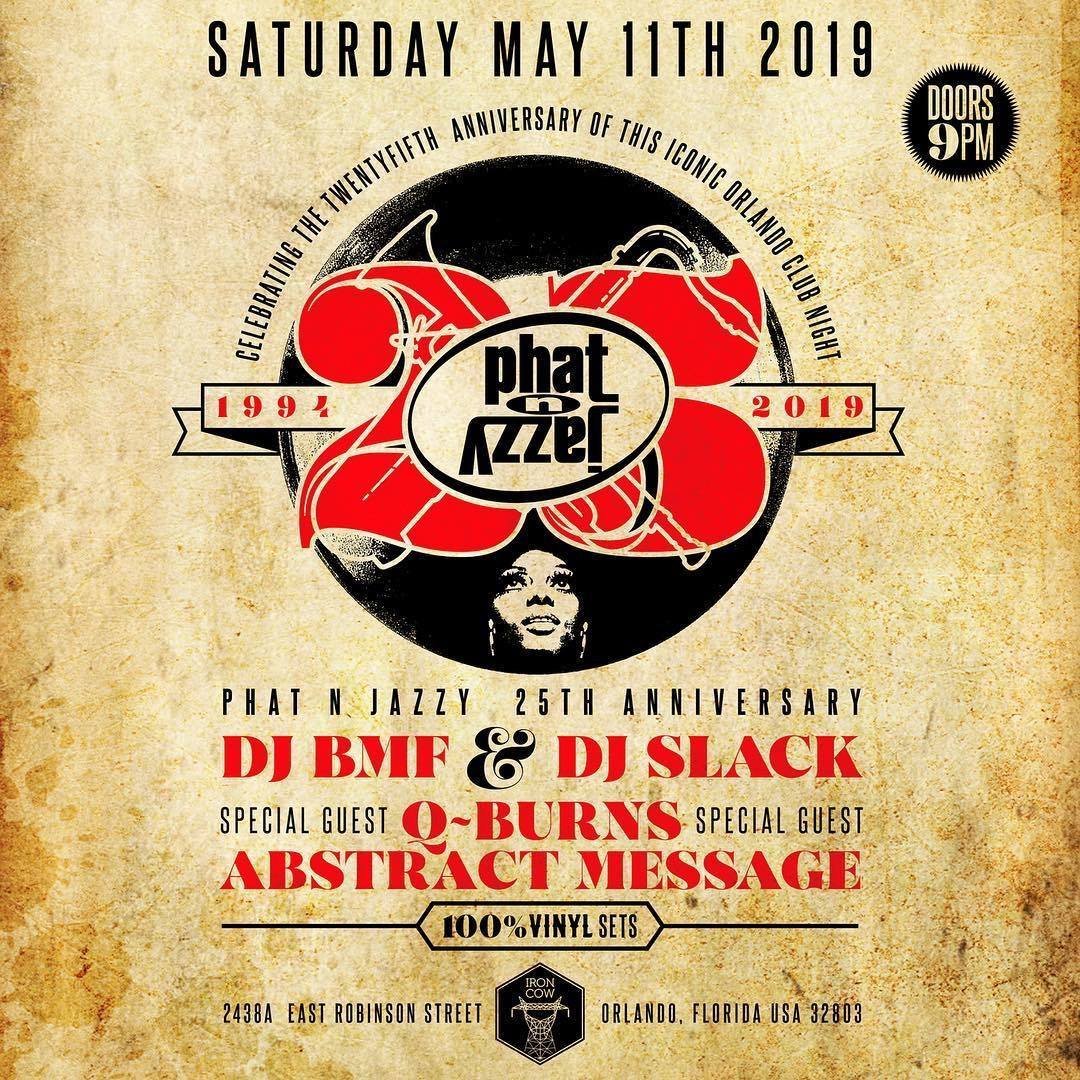
Since my last swipe at NFTs, the hype and debate have skyrocketed. Thankfully, some are looking into the ecological concerns (beyond the band-aid of buying offsets) where solutions would ultimately benefit all blockchain technology applications. And others are exploring how to use the malleable format of NFTs to create or enhance a new kind of art.
Unfortunately, many see eight-figure sales of a digital collage, and their eyes become dollar signs out of a Looney Tunes cartoon. The overwhelming conversation around NFTs is driven by monster-sized auction results and incredulous “she got how much for what?” takes. This chatter drives the motivation of many artists getting into NFTs: it’s all about making loads of easy money.
Of course, I believe that deserving artists and musicians should be paid handsomely for their art. Duh. But if you’re looking at Beeple getting $69 million for his NFT (and a lot more is going on there) and thinking, “I need to get in on that,” you might want to examine why you’re creating art in the first place.
I’m an idealist, and I think that using the hope of an NFT payday to guide your artistic process is no different than letting a soft drink company change your song lyrics for an ad. That’s cool if you’re cool with it, but don’t fool yourself into thinking that your money-making scheme is anything else just because it’s attached to hip technology.
Seth Godin and Bob Lefsetz have written wise words on NFTs with varying levels of criticism (or realism). But I think that MusicREDEF’s Matty Karas has written the most useful critique so far on what NFTs mean for the music industry. I’m going to quote it almost in full because more people should read it:
Show me this works and I’ll believe NFTs really, truly work: Put an album up for sale as an NFT, straight up, with no bonus content, no scarcity, no exclusivity. A simple $9.99 token available anytime to anyone who wants it. Why would anyone do that?, you ask. For the same reason anyone would sell an MP3s on BANDCAMP or ITUNES, I’ll answer, with the bonus that everyone, from the artist to the songwriters to anyone else who needs to get paid, can get paid instantaneously, no waiting weeks or months, no need to ever wonder if the numbers are being reported accurately, no need to worry about someone pirating the music, and if someone wants to resell it at a discount (because that’s the only way you can resell something that’s readily available) or at a markup (because maybe one day you’ll put it out of print), the artist can get a cut of the resale either way. I get the fun of auctions and the allure of exclusivity and the dream of seven-figure transactions, and there’s a place for all of that of course … But if you’re telling me NFTs are important because they’re a way to authenticate ownership and control distribution and streamline payments, then show me they can do that without raising the price of an album from $9.99 to $9,999.99 and without creating one more experience your average fan can never have.
That’s the rub. There’s a ton of promise in NFTs and blockchain for artists and labels. The technology adds personalization and ownership to digital music and might be a path for fans to move away from the mess streaming’s gotten us into. But before that can happen, we’re going to have to stop looking at NFTs as a high-dollar fad, a get-rich-quick shortcut, or patronage from the crypto-affluent. It’s time to get into the bones of what the technology means for everyday fans, artists, and recording artists and steer the conversation toward the future.
Update → Via a recent post on David Gerard’s Attack of the 50 Foot Blockchain blog:
Put a large price tag on your NFT by buying it from yourself — then write a press release talking about your $100,000 sale, and you’re only out the transaction fee. Journalists who can’t be bothered checking things will write this up without verifying that the buyer is a separate person who exists. Just like the high-end art world!
